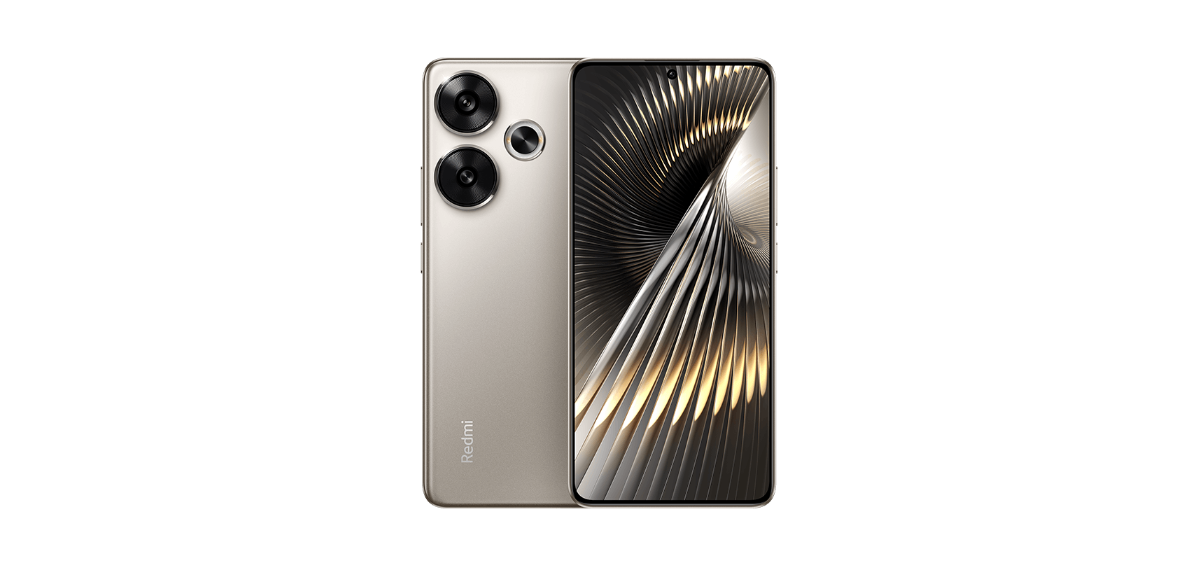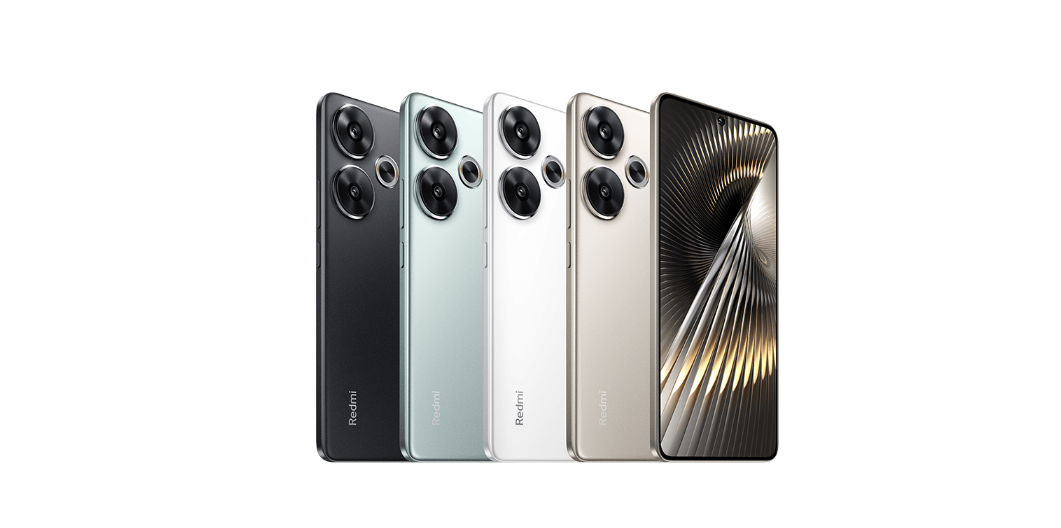Snapdragon 8s Ultimate Edition chip exposed, domestic mid-range phones have a new target!
![]() 12/03 2024
12/03 2024
![]() 426
426
If you have to pick the most important component of a smartphone, it is undoubtedly the CPU chip. In the mobile chip sector, there are two manufacturers whose industry positions will be irreplaceable for a long time to come. One is TSMC, which currently handles the production of a large number of high-performance chips. Previously, Samsung had competitive strength with TSMC in chip production, but over time, the gap has widened, to the point where Samsung's top flagship models are gradually abandoning their in-house manufacturing processes. The powerful performance of Apple's A-series chips is closely related to TSMC's advanced production processes.
The second is Qualcomm. In terms of chip and network technology, Qualcomm has numerous patents that many competitors cannot circumvent, even Apple has to yield. Qualcomm's most representative product is the Snapdragon chip, which is almost a standard configuration for top flagship models. However, Qualcomm did not seem to attach much importance to the mid-to-low-end chip market in the past, allowing MediaTek to catch its breath and gradually increase its market share with its Dimensity chips, making Qualcomm a bit uneasy.

In recent years, Qualcomm has gradually started to pay attention to the mid-to-low-end chip market. For example, the Snapdragon 8s Gen3, launched in March this year, has been favored by a large number of mid-range phones, and even some mid-to-high-end models have adopted it. However, users have some criticisms about this chip because, although it shares the same process and architecture as the 8 Gen3, its overall performance is actually inferior to the 8 Gen2. Currently, information about the upgraded Snapdragon 8s Ultimate Edition chip has been leaked online, and its performance is said to be quite strong.
Since it can be named the 8s Ultimate Edition, it is evident that some technologies from the 8 Ultimate Edition are utilized, such as the same process and architecture. Regarding performance, leaked information indicates that it is stronger than the 8 Gen2 but slightly weaker than the 8 Gen3. Although the naming is very similar, the main core frequency is expected to be lower, and the GPU will also be weaker. However, some parameters will be on par with the 8 Gen3. If new phones equipped with this chip are to be launched in April next year, the announcement should be in March next year.

Currently, the price of new 8 Gen3 phones has dropped to as low as 2299 yuan, and since the 8s Ultimate Edition is slightly weaker in performance, the price of phones equipped with it is unlikely to exceed 2000 yuan. Regarding the first model to be launched, some believe it will be a Xiaomi phone. However, the Turbo 4 is already confirmed to be the first to adopt the Dimensity 8400. After considering various possibilities, it seems that only the Xiaomi Civi 5 Pro next year has a chance to be the first (since the Civi 4 Pro was the global first to launch the 8s Gen3).
However, upon closer inspection, this does not seem quite right. After all, the Civi 4 Pro has a battery capacity of less than 5000 mAh, and it is highly unlikely that the next generation model would have a battery capacity increase of over 2000 mAh. Therefore, another possibility is that Redmi may launch the Turbo 4 Pro paired with the 8s Ultimate Edition chip. In terms of pricing, Redmi may appropriately lower the starting price of the Turbo 4, such as setting it at 1799 yuan, and then price the Turbo 4 Pro at 1999 yuan, which would be a perfect match.

The question is, how many people will be interested in phones equipped with the 8s Ultimate Edition chip by then? After all, there will definitely be 8 Gen3 phones dropping to 2000 yuan next year.







